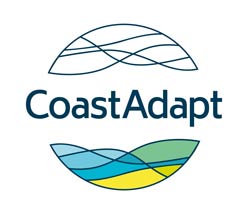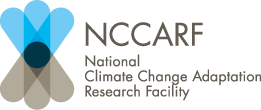You are here
Social resistance to change
Using social sciences to address community concerns about technology, and the need to draw on interdisciplinary research capability when dealing with environmental change, is highlighted in a series of reports published as part of the Securing Australia’s Future program. The Australian Council of Learned Academies (ACOLA) undertook this four-year, $10 million research program.
One of the reports, Technology and Australia’s future: New technologies and their role in Australia’s security, cultural, democratic, social and economic systems (www.acola.org.au/index.php/projects/securing-australia-s-future/project-5), notes that technology has historically saved lives and improved the health and nutrition of billions of people, but advances are often met with opposition.
The development of genetically modified ‘Golden Rice’ in the 2000s is given as an example of interacting issues of technology, health benefits, the influence of big business, and challenges to social acceptance. The Swiss Federal Institute of Technology and the University of Freiburg developed Golden Rice to help address vitamin A deficiency in developing countries. Despite having been developed as a humanitarian tool, there was opposition from some environmental groups due to concerns about possible impacts on health, food security and financial security. Golden rice is not yet in commercial production.
However, urgent need for change can influence acceptance. GM crops have been received more favourably in developing countries due to their urgent need for food and improved nutrition. In Australia, the Toowoomba community rejected recycled drinking water in 2006, but a more recent study during severe drought found people more receptive.
‘The complex inter-relationships between biological, geochemical, climate and social systems’ was highlighted by a report on the future of the Earth system. The report suggested that ‘natural science should no longer dictate the Earth system research agenda; social science will be at least as important in its next phase’. This is a remark that can and should be questioned.
Does your adaptation planning take a holistic, interdisciplinary approach?
Have you considered how to unpick the relationships between technology, environment, and community when preparing for the future?




